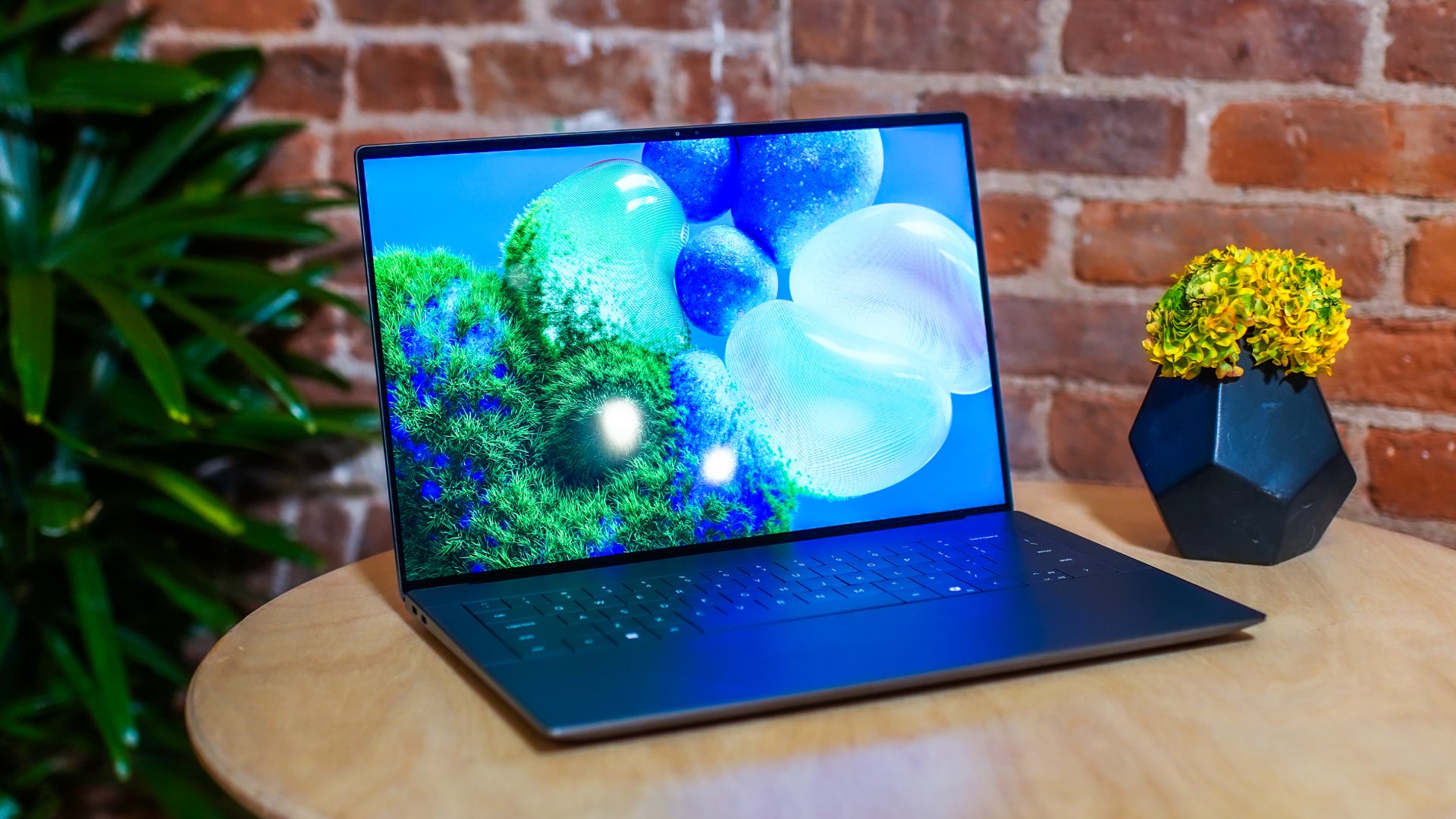
A leaked roadmap of Dell's laptop plans shows the system builder is planning on supporting five new CPU architectures in new Dell machines over just three years, with the current Raptor Lake and Meteor Lake models being given a serious overhaul.
The detailed plan was discovered by Videocardz, in the form of a 300-page document that goes into great depth about Dell's plans for its XPS series of laptops, powered by Qualcomm's Snapdragon X processors. Amongst the jumble of pages is a chart that shows the projected timescale for implementing Intel's next generation of CPU architectures.
At the moment, Dell uses a combination of Raptor Lake (RPL-H, RPL-P) and Meteor Lake (MTL-H) chips for all its XPS laptops, but this year will introduce an updated XPS 13 model, sporting one of two Arm-based Snapdragon X CPUs. Later in 2024, that same model will be updated again but this time, sporting an Intel Lunar Lake chip.
The larger XPS 16 range will sport Arrow Lake (ARL-H) processors in 2025, before swapping them to Panther Lake (PTL-H) chips in 2026. XPS 14 laptops will also get Arrow Lake next year but according to the chart, that model will be superseded by two new designs: one will be Panther Lake like the XPS 16 but the other will sport a second generation of Snapdragon X processors.
Still with me? Good. Other snippets tucked away in that one chart are the expectation that Nvidia's next generation of mobile GPUs (i.e. Blackwell RTX 50-series) will appear in 2025 and that Intel's eventual successor to Panther Lake, called Nova Lake, is expected to make an appearance in 2027.
So, to summarise things a bit, a total of five different architectures in the space of just three years. That's a radically progressive strategy by Dell, even though it regularly updates its portfolio every time AMD or Intel releases a new CPU. Meteor Lake, Arrow Lake, and Panther Lake probably share a common platform or at the very least, share some common elements.
But that's still an awful lot of changes in a relatively short period and I should imagine it's going to cause no end of confusion to the casual buyer, trying to understand the differences between the various models.
It's also a little surprising that Qualcomm is planning on a revision to its Snapdragon X Elite chip when it's barely hit shelves and there's no indication as to how well it's going to be received by the laptop market. Qualcomm and Dell obviously feel confident that it's going to do well enough to warrant a model refresh, though they're perhaps been rightly cautious by waiting almost two years before doing it.
The one caveat to all this, however, is that the leaked document is from August last year, almost 12 months old now, and so the roadmap could well have changed in the intervening time. The doc mentions an Nvidia laptop GPU refresh that clearly isn't going to happen, so not all can be taken as gospel. Still, it's an interesting insight into just how tricky it's going to get for laptop makers with just a third extra player in the Windows device market, with Qualcomm joining AMD and Intel. Just imagine what it'll be like when the other Arm-based chips arrive.
The Meteor Lake laptops we've reviewed so far have been pretty good, fine at 1080p gaming, though not especially great in terms of power consumption. Hopefully, each new Intel architecture will keep on improving game performance and make the chips a tad kinder on the battery. Just how good the first-gen Snapdragon X Elite CPUs Will be in the final reckoning, though, is still up in the air. Qualcomm is confident, and maybe Dell is, too, but it won't be long before we find out whether its silicon can really compete.







